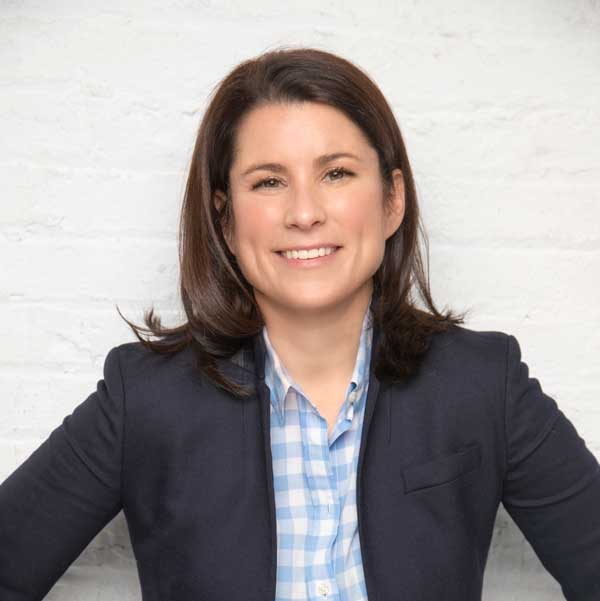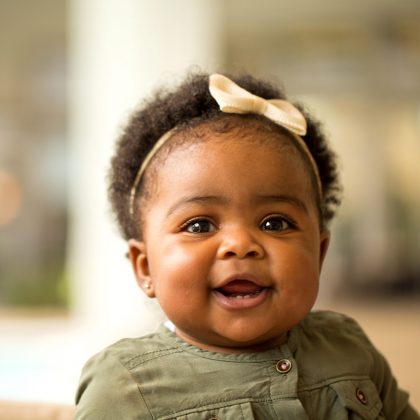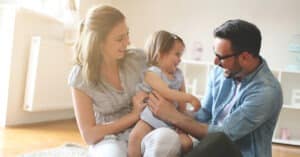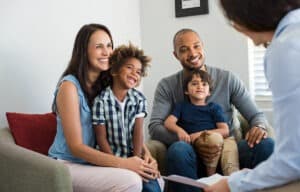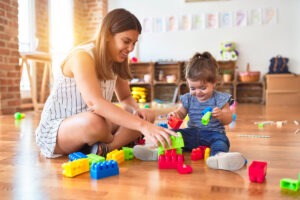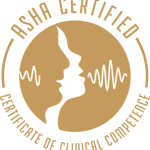The first 2 years of a child’s life are filled with incredible growth and development. From the first word to the wobbly first steps, parents can feel like they are witnessing their child do something new every few weeks!
Keeping track of how your child matches up to developmental milestones such as these is important. There is always a range of what’s considered typical, but knowing the milestones can help determine whether a child is developing as expected or if they may be delayed in a certain area.
If parents do have concerns with their child’s development, services from qualified professionals such as a Speech, Occupational, or Physical Therapist can help!
Let’s take a closer look at what developmental milestones are, and what’s expected from birth to 24 months.
What are developmental milestones?
Developmental milestones are a set of benchmarks that a child is expected to meet as they grow. Milestones exist for these 5 major areas of development:
- Gross motor (movements of large muscles)
- Fine motor (movements of small muscles )
- Language
- Cognitive
- Social-emotional
- Behavioral
Milestones (also referred to as norms) are updated periodically, so it’s important to seek out the most current, reputable sources of information.
Here are the most recently updated milestones for the first 2 years of childhood, according to sources such as the National Library of Medicine, the CDC, the American Academy of Pediatrics (AAP), and the American Speech-Language Hearing Association (ASHA).
Birth - 2 Months
Social-Emotional
- Looks at faces
- Smiles when spoken to
- Calms when spoken to or picked up
Language
- Makes sounds other than crying
- Shows a reaction to loud sounds
Cognitive
- Looks at a toy for several seconds
- Watches others as they move
Physical (gross/fine motor)
- Holds head up while on tummy
- Moves both arms & both legs
- Opens hands for a brief period
4 Months
Social-Emotional
- Smiles to get another person’s attention
- Tries to keep your attention by looking at you, moving, or making sounds
Language
- Makes cooing sounds (such as “ooo” and “ahh”)
- Turns to find the source of your voice
Cognitive
- Opens mouth when hungry upon seeing a source of nutrition such as bottle
- Shows interest while looking at his or her hands
Physical (gross/fine motor)
- Holds head independently when being held by someone
- Grasps and holds a toy when placed in his or her hand
- Swings at a toy with arm
- Brings his or her hands to mouth
- Uses elbows or forearms to push up while on tummy
6 Months
Social-Emotional
- Shows anxiety around strangers
- Shows preference for familiar people
- Enjoys looking at self in a mirror
- Laughs
Language
- Babbles with consonant sounds (typically early developing sounds like /m/, /b/, /p/, and /d/)
- Takes turns making sounds with you
- Can blow raspberries by sticking tongue out and blowing
Cognitive
- Mouths objects (puts objects in mouth to explore)
- Reaches for a desired toy
- Closes mouth to refuse food when not hungry
Physical (gross/fine motor)
- Rolls over from tummy to back
- Brings objects to mouth
- Straightens arms when pushing up while on tummy
- Leans on hands for support while sitting
9 Months
Social-Emotional
- Shows different facial expressions (ex: happy, sad)
- Looks when name is called
- Looks for loved one when upset
Language
- Understands the word “no”
- Points
- Babbles long strings of sounds (ex: mamamama)
- Raises arms to be picked up
- Recognizes the names of certain objects or people
Cognitive
- Looks for objects that have fallen out of sight
- Bangs two objects together
Physical (gross/fine motor)
- Sits unsupported
- Crawls
- Transfers objects from one hand to the other
1 year
Social-Emotional
- Shows separation anxiety (cries when a familiar person leaves)
- Enjoys playing simple social games (such as “peak–a-boo”)
Language
- Uses gestures (waves, points)
- Reaches for objects
- Imitates sounds
- Says 1-2 words (ex: mama, hi)
- Responds to familiar words or phrases (ex: “go bye bye”)
Cognitive
- Puts objects in a container and takes them out
- Searches for objects you hide, like when placed under a blanket
Physical (gross/fine motor)
- Extends arm or leg when getting dressed
- Pulls up to stand
- Walks while holding onto furniture
- Uses a pincer grasp (picks things up between thumb and pointer finger)
15 Months
Social-Emotional
- Imitates the way other children play while interacting with them
- Shows others an object he or she likes
- Shows affection (ex: by hugging)
- Claps when excited
Language
- Follows simple directions (ex: “come here”)
- Says 1-2 word other than “mama” and “dada”
Cognitive
- Attempts to use objects the way they are intended (ex: a phone or book)
- Stacks at least 2 blocks or other small objects
Physical (gross/fine motor)
- Can take a few steps independently
- Feeds self certain foods using his or her fingers
18 Months
Social-Emotional
- Plays pretend
- Gives familiar people hugs and kisses
Language
- Says several words
- Points to at least 1 body part
- Shakes head to communicate “yes” and “no”
- Points to at least 1 body part when asked
- Uses real words mixed with jargon (long strings of different sounds with adult-like inflection)
Cognitive
- Imitates household tasks like sweeping
- Plays with toys in simple ways they are attended (ex: pushing a car)
Physical (gross/fine motor)
- Walks independently
- Walks up steps
- Uses utensils to eat
- Scribbles (using a crayon, pencil, or marker)
- Climbs without help (such as on and off a chair)
2 Years
Social-Emotional
- Starts to play with other children
- Enjoys doing things without help
- Shows empathy (understanding the feelings of others)
Language
- Uses and understands at least 50 different words
- Puts at least 2 words together to say phrases (ex: “hi mommy”)
- Follows 2-step directions (ex: “get your shoes and bring them to daddy.”)
- Asks for help by using words
Cognitive
- Holds object in one hand while using the other hand (i.e., holds a container in one hand and uses the other to take the lid off)
- Uses more than 1 object at a time during play
Physical (gross/fine motor)
- Stands on tiptoes
- Kicks a ball
- Throws a ball overhand
- Stacks at least 4 small objects such as blocks
How to Help
TherapyWorks offers speech therapy, occupational therapy, physical therapy, and ABA therapy in clinic (in Northfield, IL) in home (in Illinois, Michigan, and Ohio) and through teletherapy (nationwide).
If you would like to learn more or discuss your child’s specific needs, please don’t hesitate to reach out to TherapyWorks!

